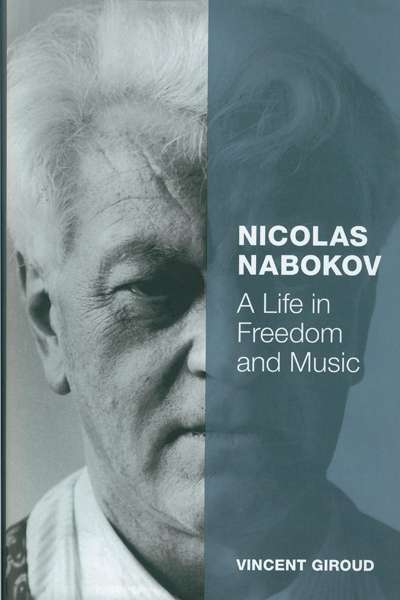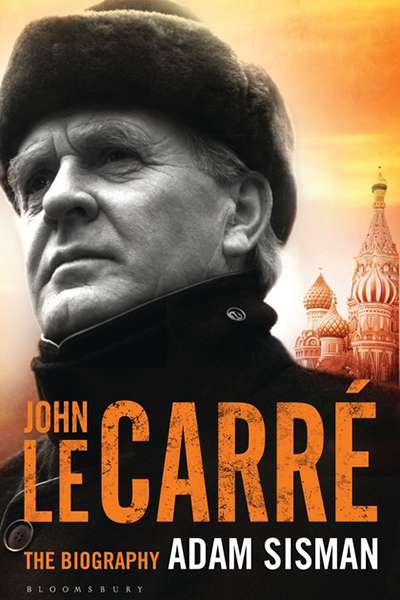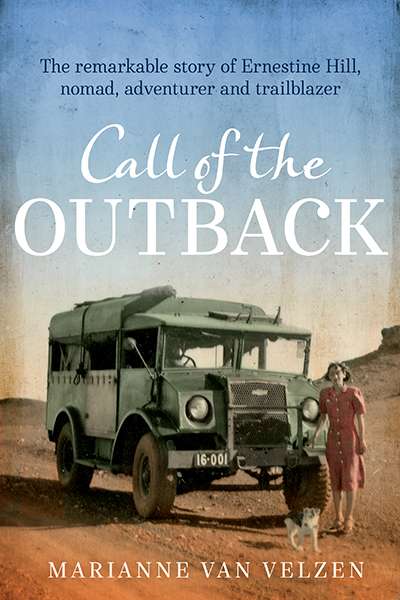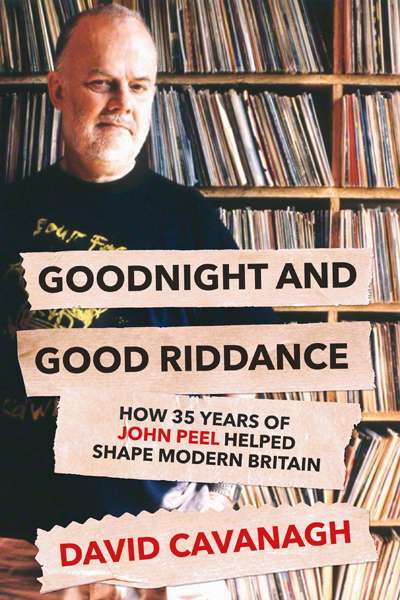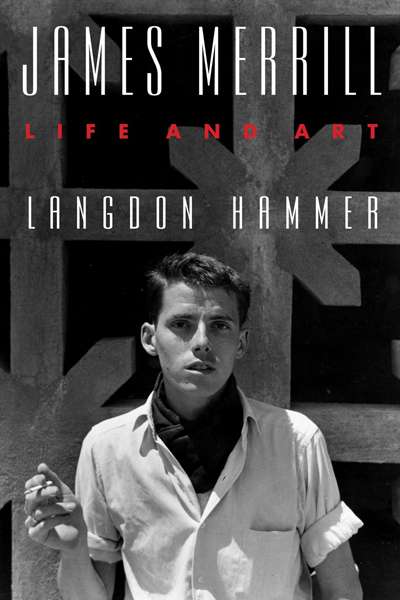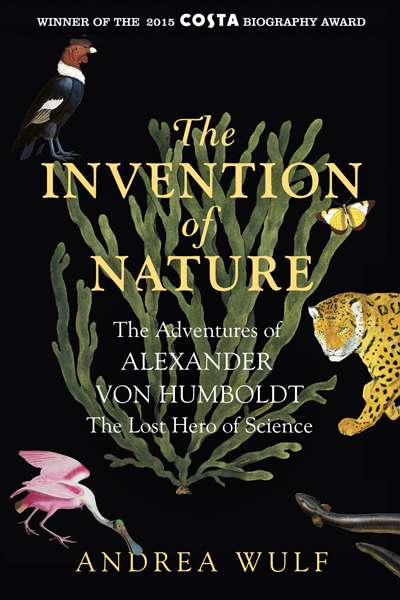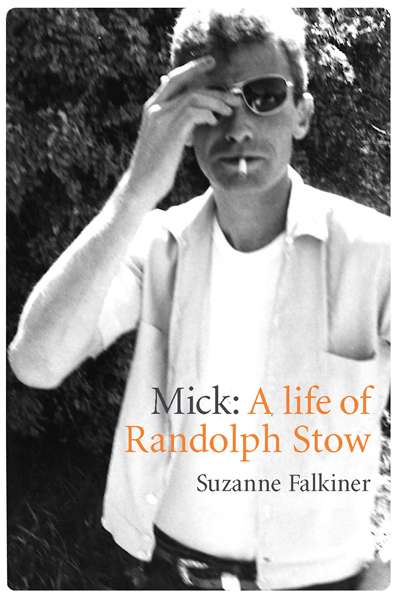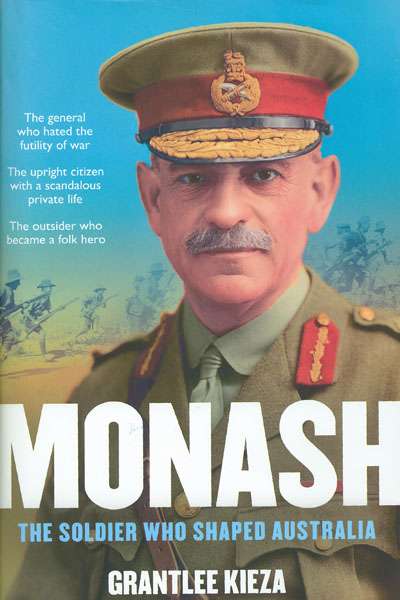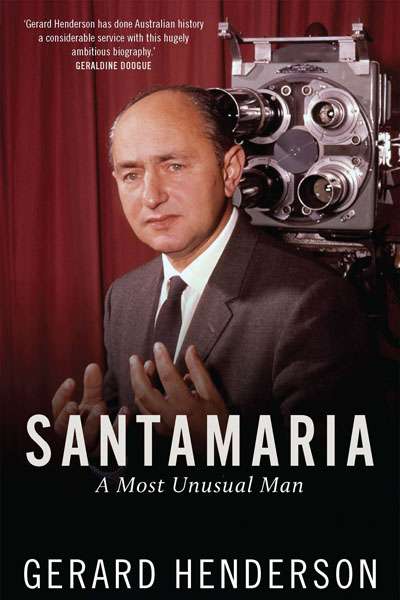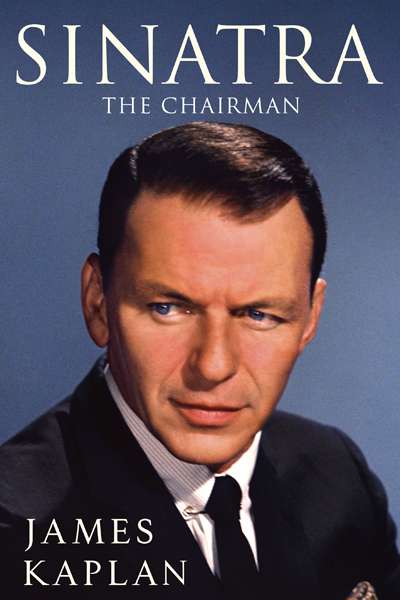Biography
Nicolas Nabokov: A Life in Freedom and Music by Vincent Giroud
by Michael Morley •
CALL OF THE OUTBACK: THE REMARKABLE STORY OF ERNESTINE HILL, NOMAD, ADVENTURER AND TRAILBLAZER by Marianne van Velzen
by Susan Sheridan •
Good Night and Good Riddance: How Thirty-Five Years of John Peel Helped to Shape Modern Life by David Cavanagh
by Fiona Hile •
The Invention of Nature: The Adventures of Alexander Von Humboldt, the Lost Hero of Science by Andrea Wulf
by Paul Giles •
Monash by Grantlee Kieza & Maestro John Monash by Tim Fischer
by John Ramsland •
Santamaria: A Most Unusual Man by Gerard Henderson
by Michael McGirr •

